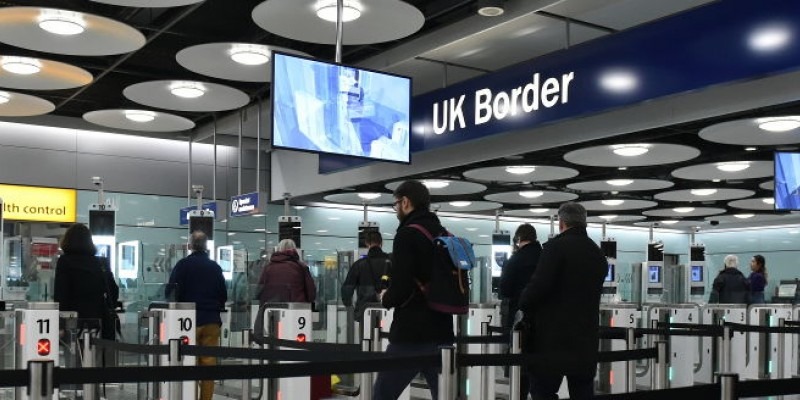
Theresa May has put controlling immigration from the European Union at the centre of her negotiating platform.
The strong indication from both her speech and her White Paper is that this will be some kind of work permit system, and that this is most likely to be controlled and administered out of the UK Home Office.
We also know that it is a government commitment to reduce net immigration to the 'tens of thousands'. Net immigration is famously difficult to control – as it is partly dependent on how many Brits decide to leave the country – but, with net immigration currently around the 250,000 mark, this implies a significant reduction in EU migration under the new arrangements.
We know from surveys of our members that EU migration is a relatively small part of firms’ overall labour force. When we surveyed our members in autumn 2016, under a third (28%) said they employed EU nationals, and for 60% of these firms, EU nationals made up less than 10% of their total workforce.
However, 77% of firms said these workers are either ‘important’ or ‘very important’ to their business operations. So although non-UK EU workers make up a small proportion of the workforce, they often fill vital shortages in the labour market. Because large parts of our region have very strong employment markets, with many in effective full employment, this means there is little domestic slack to fill labour shortages if firms are no longer able to recruit elsewhere.
How will this economic imperative fit into a new migration regime?
Again the short answer is ‘we don’t know’, and there are rumours that the government hasn’t got very far in working through the details either. If you are going to reduce the total level of EU migrants, there are two administrative ways of doing it. First would be to set a simple annual quota, and do it on a first come first served basis. The second, more sophisticated method would be to specify particular skills and sectors which would get priority over others.
Choosing who will get priority is an inherently political choice. Would nurses be more important than engineers? Are skilled professionals more important than fruit pickers? Is London more able to take migrants than Lincolnshire? Each of these will require a political judgement, and that choice may not pay much account of what firms actually need.
This is not helped by the fact that the new arrangements would probably be administered from the Home Office – a part of government not famed for its speed or friendliness to business demands.
For example, skilled EU manual engineers are vital for many local manufacturing firms due to a long neglect of engineering skills and vocational qualifications in UK education. However if current Home Office rules were applied to the EU, they would not be eligible to work here.
When the new arrangements are clearer, we will provide advice about how best to ensure your future skills needs are addressed and the hurdles you might have to clear if recruiting abroad.
- Log in to post comments
Drive your business forward with a skilled workforce
Our specialist skills advice and support will connect you with local and national training providers to ensure you and your staff receive access to quality and relevant training.
